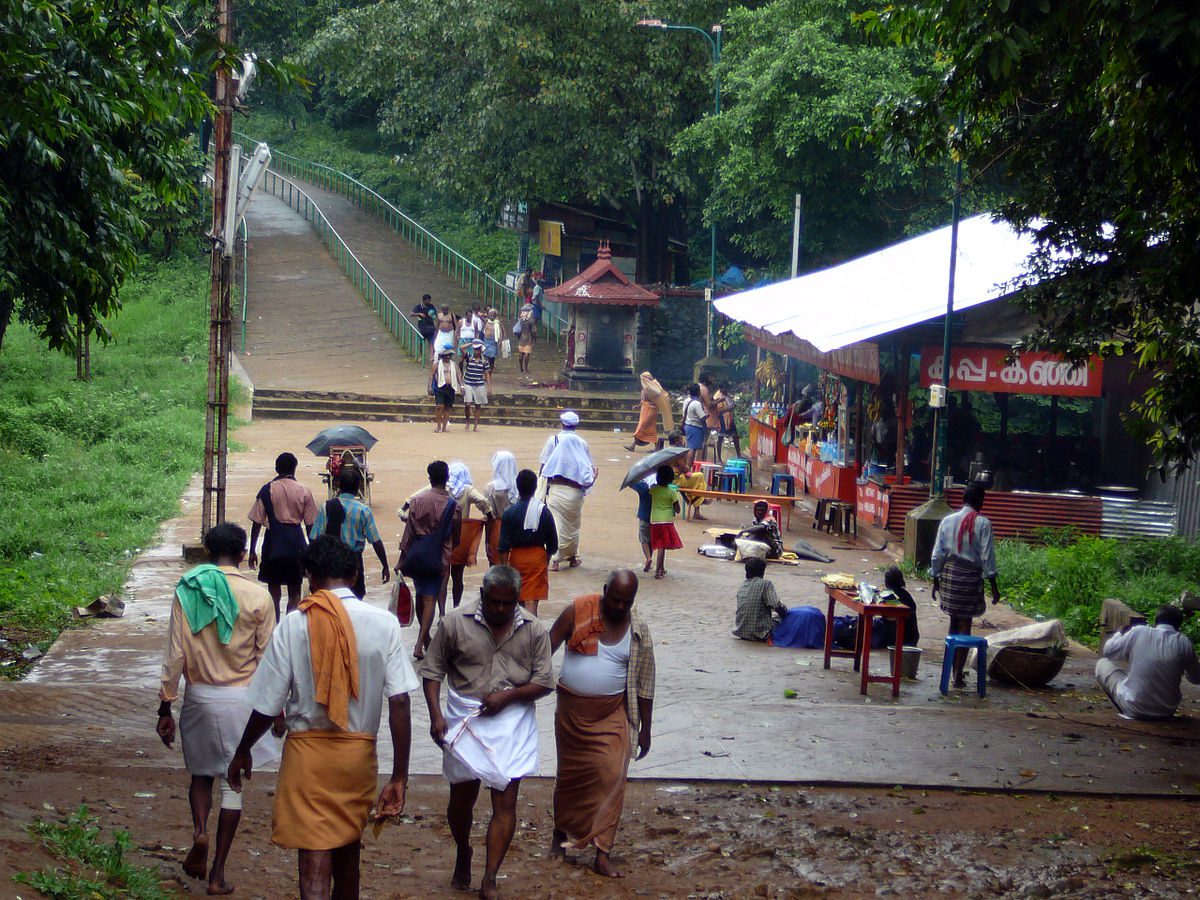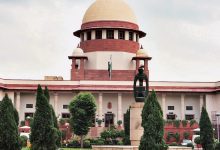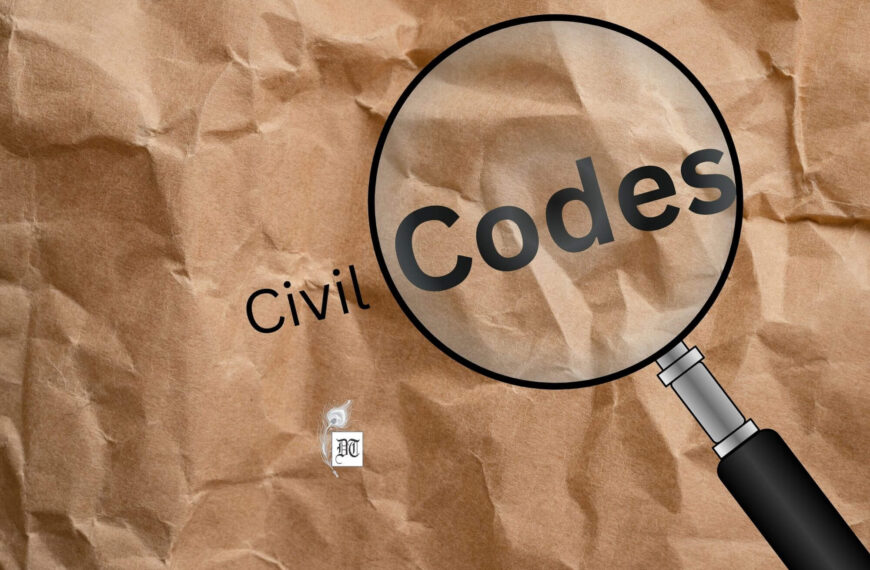The Supreme Court is seized of the matter. The five-judge Constitution bench has heard all sides of the argument. Fine high-flaunting law-points. But can Lord Ayyappa and Malikapurathamma be sacrificed and Sabarimala still be saved? What is Ayyappa without eternal celibacy? What is Malikapurathamma without eternal patience? Who will Tripti Desai go to worship, announce her victory to? A report for Different Truths.
The Supreme Court of India has ‘reserved’ its judgement on the petition seeking entry of women of all ages to Sabarimala. It is gender-equality versus religious privilege/isolation. So far, there is no constitutional right for women of certain ages to enter Sabarimala. The Supreme Court has been requested to make it into a couple of articles.
The fight is enshrined in the entry ban of women between 10 and 50 years of age into Sabarimala. Women between those ages are banned because of the menstrual cycle. Malayali women have for centuries accepted the ban without objection or rancour. In fact, they saw to it that men did not flout the rules of engagement with Lord Ayyappa. Especially, the one on celibacy. It’s a pact between man and woman.
Feminists refuse to take the pact seriously. They don’t realise they are on a mission to kill. Tradition says Swami Ayyappa is a Naishtika Brahmachari – staunch celibate, unbreakable in this one resolve. Malikapurathamma is his eternal lover, waiting for the Lord to marry her. Patience is her virtue. Swami Ayyappa promised he will break celibacy and marry Malikapurathamma the year no new devotee visits his shrine.
But there’s always one Earthling ready and willing to go through the 41-day ban on sexual intercourse that’s the prerequisite to pray at Sabarimala. So, Swami Ayyappa remains tied to his promise and cannot break it. And Malikapurathamma waits patiently, forlorn. In fact, the relevance of the shrine and its deity hangs on this eternal balance.
Malikapurathamma’s tryst with Ayyappa will never take place. Muhammad will not come to the mountain. And the mountain cannot come to him. Feminist Tripti Desai is in the misplaced zeal that she can help Malikapurathamma, menopause can go to hell.
But Tripti is a glory-hunter. She’s not really bothered about Malikapurathamma. Desai and her gang of pistolero-feminists, whose endgame is to take over the world, will add one more notch to their pistols and move on. After Haji Ali, Sabarimala. After Sabarimala…
One bunch positioned against Ayyappa and Malikapurathamma has brought Dharma Shasta into the argument. Dharma Shasta is of Skanda Purana vintage. Ayyappa is believed to be the ‘Yogic Avatar’ of Dharma Shasta. But Dharma Shasta was no celibate. He was not once but twice married!
‘So, what’s the big deal about Ayyappa’s celibacy?’ goes the argument. The underlying suggestion is ‘like father like son.’ Bull! Father’s spawn shouldn’t necessarily be a Xerox. Genes can and do throw up surprises. Precisely why Charles Darwin scores over Union minister Dr Satypal Singh, who’s confused because the ape is so unlike him.
Now, the Supreme Court is seized of the matter. The five-judge Constitution bench has heard all sides of the argument. Fine high-flaunting law-points. But can Lord Ayyappa and Malikapurathamma be sacrificed and Sabarimala still be saved? What is Ayyappa without eternal celibacy? What is Malikapurathamma without eternal patience? Who will Tripti Desai go to worship, announce her victory to?
Come to think of it, it’s not gender-equality. It’s feminists versus common everyday women. There’s a distinction. Ask the gun-toting feminists. They will spell it out with venom. Draw the distinction with breathing fire. Burn the Lanka where Sita was held with lit cottontails of Hanuman dipped in kerosene!
The ball is in the Supreme Court. It can be top court or khap panchayat. It can sentence Ayyappa to death. But with Ayyappa dead, Malikapurathamma will not live. Gender-equality includes Malikapurathamma’s right to get married. No celibacy means no Ayyappa. No Ayyappa means no Malikapurathamma!
A misplaced court order will put to end the saga of Swami Ayyappa and Malikapurathamma. Men will lose purpose. Women will not get the 41-day respite from marital rape! Children will stop missing ‘dear papa’. Grandmas will no longer tell Ayyappa tales. The Vavers will lose relevance. History will lose more than a running character. Gone will be the aura of Sabarimala.
Anand Neelakantan, writing in the New Indian Express, says, “The reform, like many other radical changes, will be absorbed by the Hindu society without much trouble. After a few years, no one may bother when women and men pray together in Sabarimala. One more temple would get a bigger queue for darshan and the temple coffers would overflow more rapidly.”
The guy is most likely not a celibate. “Pray together to whom?” He and the five justices should get it into their heads that Sabarimala survives on an eternally celibate Swami Ayyappa. Take away that distinction and might as well send a couple of bulldozers up the slope.
Aditya Aamir
©IPA Service
Photo from the Internet





 By
By
 By
By
